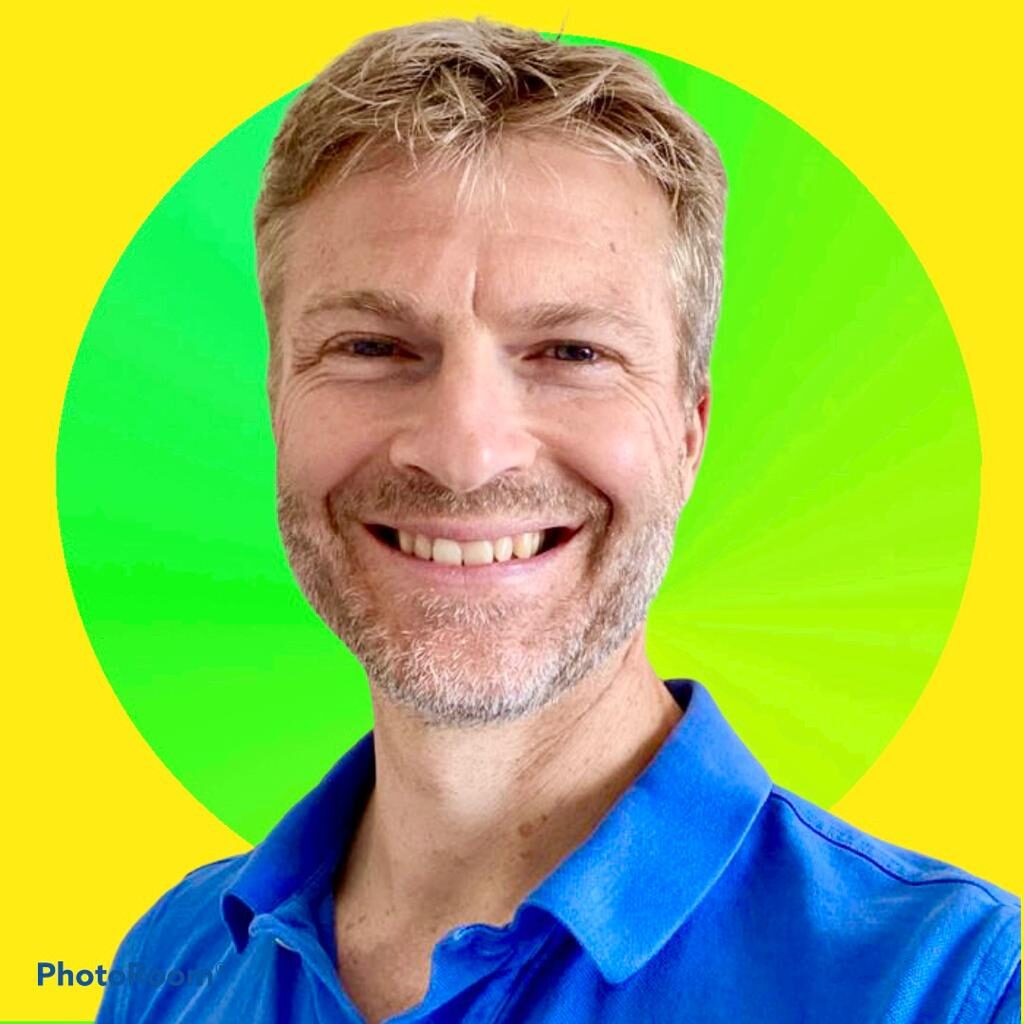It is quite simple but often made more complex than it needs to be. There are two big challenges to making the world better. First, you need to pinpoint what better means. Secondly, you need to define the scope of the world.
The easy answer to those challenges, for many people, is to make things better from their own perspective and do it everywhere they are aware of. Awareness usually radiates out from their family, friends and relatives to work colleagues and people they interact with daily. Though, when pressed, they may think in terms of their city, country or continent and then all the people of the world, including fishermen on remote pacific islands.
This is where it can become more complex. When people try to make things better for people who are an afterthought or they know very little about. What would better mean? Could it be better health or lifestyle? Would more time with their family be better?
There are a lot of people who try to improve everyone and everywhere else. What if the answer was staring them in the mirror? Perhaps it is as simple as improving our own lives, within the context of making the world better.
If we used less resources and we were kinder, more understanding and accepting of diverse or dissimilar viewpoints, could the world become better through unintended consequences and the ripple effect?
